We ship worldwide…
24/7 Surveillance: How to Choose the Best Always-On Security Camera System

24/7 Surveillance: How to Choose the Best Always-On Security Camera System
For both businesses and homeowners, security has come up as a top concern. If you want to protect your loved ones, your valuable assets, or your peace of mind, a reliable surveillance system is now a must. However, not all systems are made to function around the clock, and not all cameras are made equal. Always-on, round-the-clock security camera systems can help with that.
All the information you require to select the best system will be covered in this blog, including important features, advantages, the best options available, and things to avoid. By the end, you will have the clarity necessary to make a decision that is confident and meets your needs.
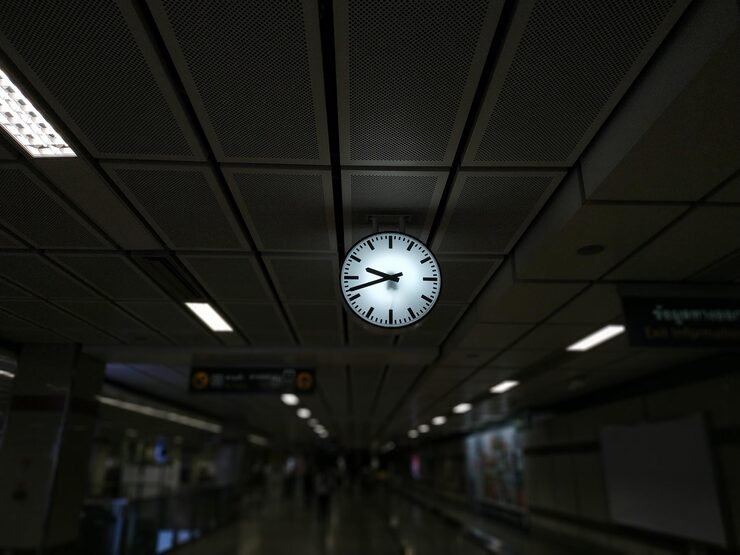
Why Around The Clock Surveillance Matters
Most modern cameras can record on motion detection and scheduled times but constant surveillance provides unmatched protection. Here is why:
- Complete Coverage – Criminals don’t always strike when motion detectors pick up activity. Gaps in coverage means missing critical evidence.
- Deterrence – Just the presence of visible cameras running continuously can discourage trespassers and thieves.
- Evidence Reliability – In the unfortunate event of a break-in, you’ll have complete footage, not partial snippets. For insurance claims and investigations, this can be very important.
- Peace of Mind – Knowing your property is watched at all times, day and night removes uncertainty and reduces anxiety.
For Homeowners, this means constant monitoring of entryways and backyards. For businesses 24/7 surveillance can be different between catching unauthorized access and suffering losses.
Types of Always-On Security Camera Systems
It’s important to understand the main types of systems available before you choose:
1. Wired Security Camera Systems:
- Pros– Usually better video quality, dependable, and free from WiFi dropouts.
- Cons–Limited mobility for moving cameras, professional installation is necessary.
- Best For– Businesses and homeowners who are looking for maximum stability.
2. Wireless Security Camera Systems:
- Pros– More flexible placement options, easy to install, and integration with smart home systems.
- Cons– Dependent on WiFi signal strength, potential interference and require regular battery charging if not hardwired.
- Best For– Residential use and small businesses that need scalability.
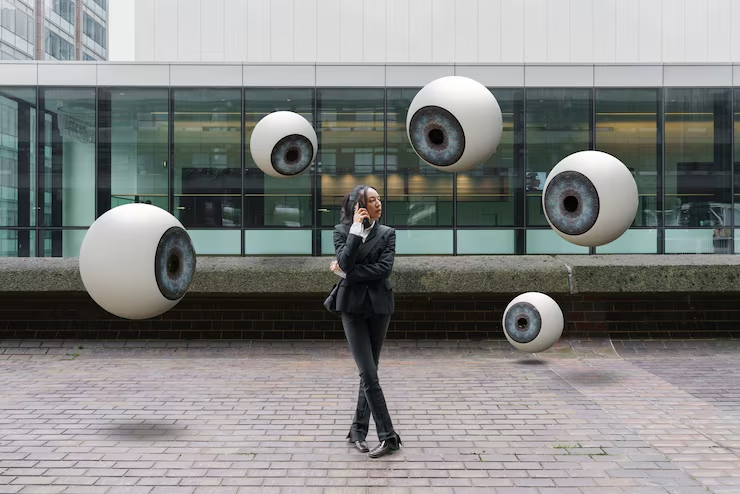
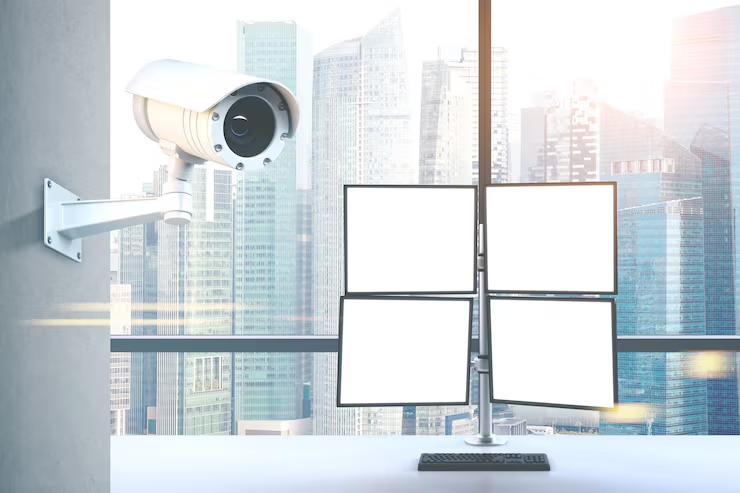
3. Internet Protocol Cameras:
- Pros– Provide high definition footage, remote access, cloud storage options.
- Cons– They are expensive and require strong internet bandwidth.
- Best For–Tech savvy users and businesses with reliable internet connections.
4. CCTV Systems:
- Pros– Proven reliability, local storage, great for long term use.
- Cons– Limited remote access unless modernized, can be more expensive upfront.
- Best For– High security facilities, warehouses, and commercial spaces.
Features to Look for in a 24/7 Surveillance Camera
Choosing the right camera system requires looking beyond the brand name. The most important features are as follows:
1. Video Quality (Resolution):
- Select Full HD 1080p.
- 2K or 4K cameras for better clarity.
- Higher resolution makes sure faces, license plates and small details are visible.
2. Night Vision Capabilities:
- Infrared night vision is standard, but color night vision offers more detailed footage.
- Check the night vision range, some cameras can cover 30 feet, while others reach higher than this.
3. Constant Recording:
- Make sure the camera can record continuously, not just when motion is found.
- Look for systems with large storage or flexible cloud backup.
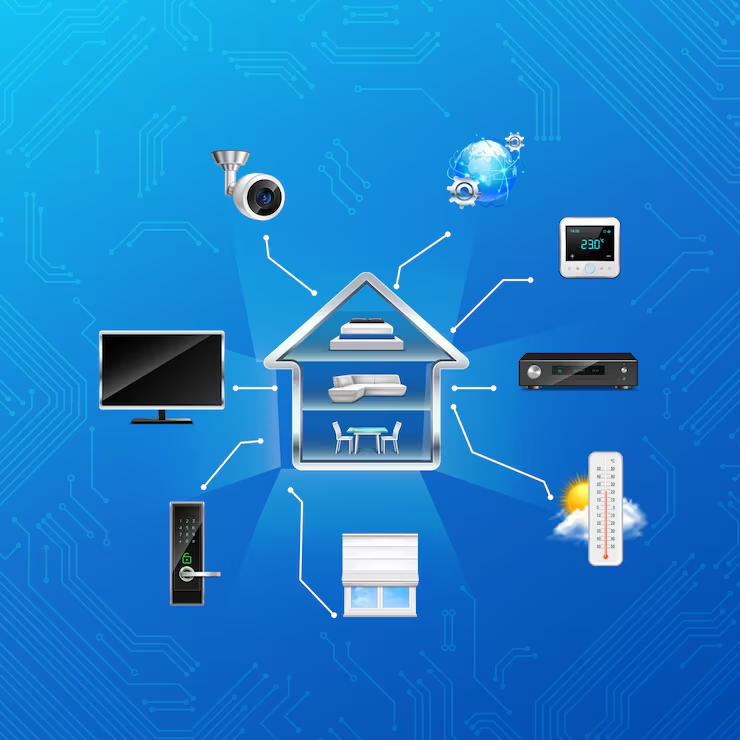

4. Power Source:
- Wired cameras are more reliable.
- If you choose wireless, get one with long lasting batteries or solar power.
5. Weather Protection:
- For outdoor use, check the IP rating.
- IP66 or IP67 means it’s safe against dust and rain.
6. Storage Options:
- Local storage (hard drives or SD cards) keeps data private.
- Cloud storage is easy to access but may cost extra.
- The best systems offer both.
7. Smart Features:
- Motion alerts to notify you of activity.
- AI detection to tell people, vehicles, and animals apart.
- Works with smart home devices Alexa and Google Assistant.
Benefits of Always-On Security Systems
Investing in a 24/7 surveillance system goes beyond crime prevention. Here are some advantages:
- Insurance Benefits– For properties under constant surveillance, many insurance companies offer reduced rates.
- Operational Oversight– For businesses it helps monitor workflow, employee safety, and compliance.
- Remote Monitoring– Access live feeds anywhere with smartphones, ensuring control even while traveling.
- Evidence in Non-Criminal Situations– Useful for resolving disputes, monitoring deliveries and tracking accidents.

Factors to Consider Before Buying
When selecting your budget, ask yourself:
-
1.What is your budget?
Set the budget range, at least 1000 for single cameras
-
2.Do I want local or cloud storage?
Decide if you prefer full control of your data or convenience of remote access.
-
3.How large is the area I need to monitor?
A single camera may suffice for a small home entry, but businesses and large properties need multi camera systems.
-
4.What’s my internet reliability?
Cloud and IP cameras require stable and high speed internet. Rural and bandwidth limited areas may benefit from wired DVR/NVR setups.
-
5.Do I need professional installation?
Wired systems require expertise, while wireless options are DIY friendly.
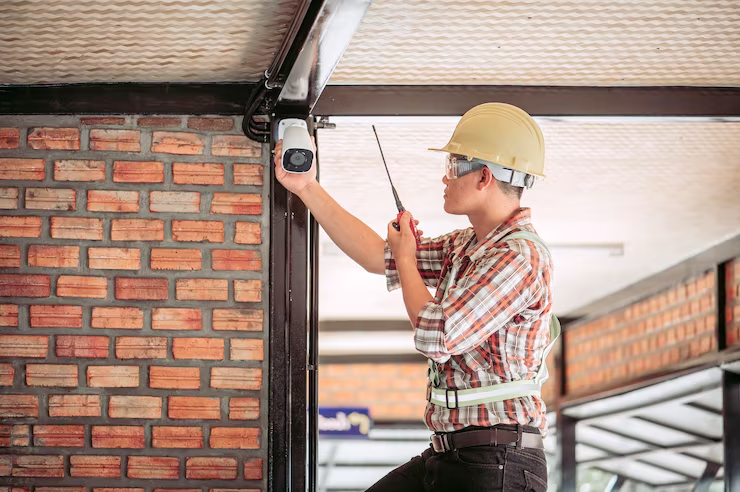
Installation Tips for Maximum Security
Even the best cameras fail if poorly installed. Follow these rules:
- Cover important Points– Position cameras at entrances, driveways, and blind spots.
- Avoid Obstructions–Keep cameras clear of tree branches, bright lights and reflective surfaces.
- Mount at the Right Height–Around 8 to 10 feet for outdoor cameras prevents tampering.
- Angle for Identification– Ensure cameras capture faces and not just the tops of heads.
- Secure the System– Protect against hacking by setting strong passwords and updating firmware regularly.
Common Errors to Stay Clear of
- Depending Only on Motion Detection: Always on recording make sure nothing is missed.
- Ignoring Storage Needs: Running 24/7 generates large files. Ensure sufficient capacity.
- Choosing Style Over Substance: A sleek camera is useless without strong durability and recording quality.
- Forgetting About Lighting: Pair cameras with outdoor lighting to enhance night vision performance.

Frequently Asked Question:
Q: Which type of CCTV camera is best for outdoor use ?
Ans: Weatherproof cameras with wide dynamic range and infrared night vision are ideal for outdoor use. IP66/IP67 rated dome cameras are resistant to dust, rain, and extreme temperatures.
Q: Can CCTV cameras work without the internet?
Ans: Yes, CCTV cameras can work without the internet if connected to a DVR/NVR system for local recording. However, internet access is required for remote viewing and cloud storage.
Q:How to choose the best surveillance camera?
Ans: Choose based on resolution, night vision, field of view, storage options, and if you need indoor or outdoor use. Smart features like motion detection, mobile alerts, and remote access can also improve security.
Q:What is the best 24-7 recording security camera?
Ans: A wired CCTV system with continuous power and an NVR/DVR setup is ideal for 24/7 recording. Look for cameras with large storage support and efficient compression to save footage without losing quality.
Q:Are surveillance cameras always on?
Ans: Most surveillance cameras are designed to stay on continuously. Some may record only when motion is detected to save storage, but they still remain powered on.
Conclusion
A security camera system that is always on guarantees that homes and businesses are always protected. When incidents occur, routine monitoring removes blind spots and records all available evidence. These systems help with insurance claims, allow remote viewing, and improve overall safety. Your needs will determine which option is best for you, wired systems provide stability, wireless and CCTV systems are reliable for long term use. Important factors to take into account are installation, storage, weather resistance, night vision, and video quality. In the modern world, having peace of mind is valuable, and it is also achievable with the correct system.
 WiFi Camera
WiFi Camera
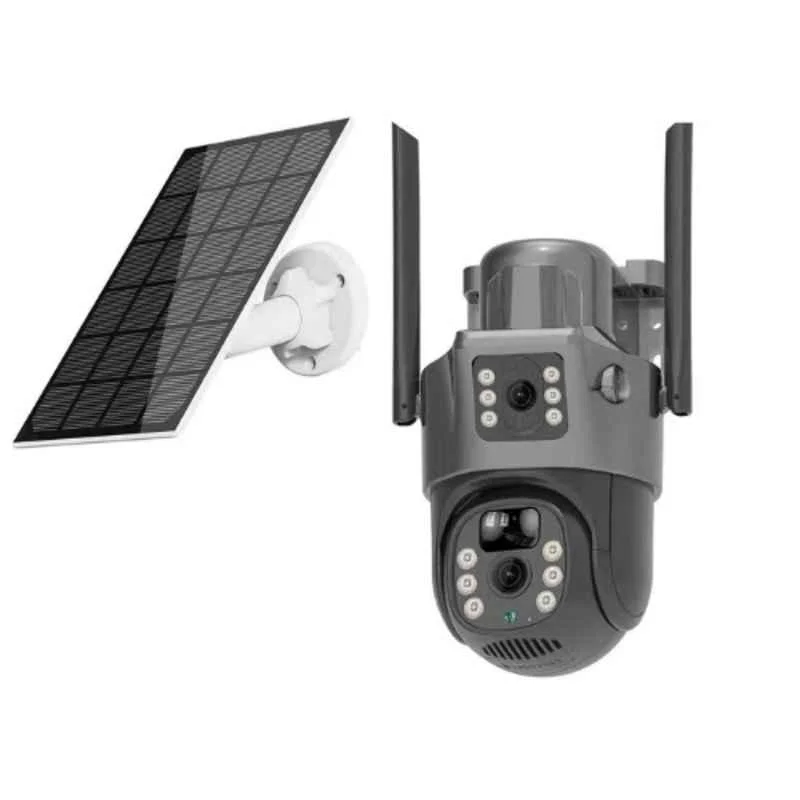 Solar Camera
Solar Camera